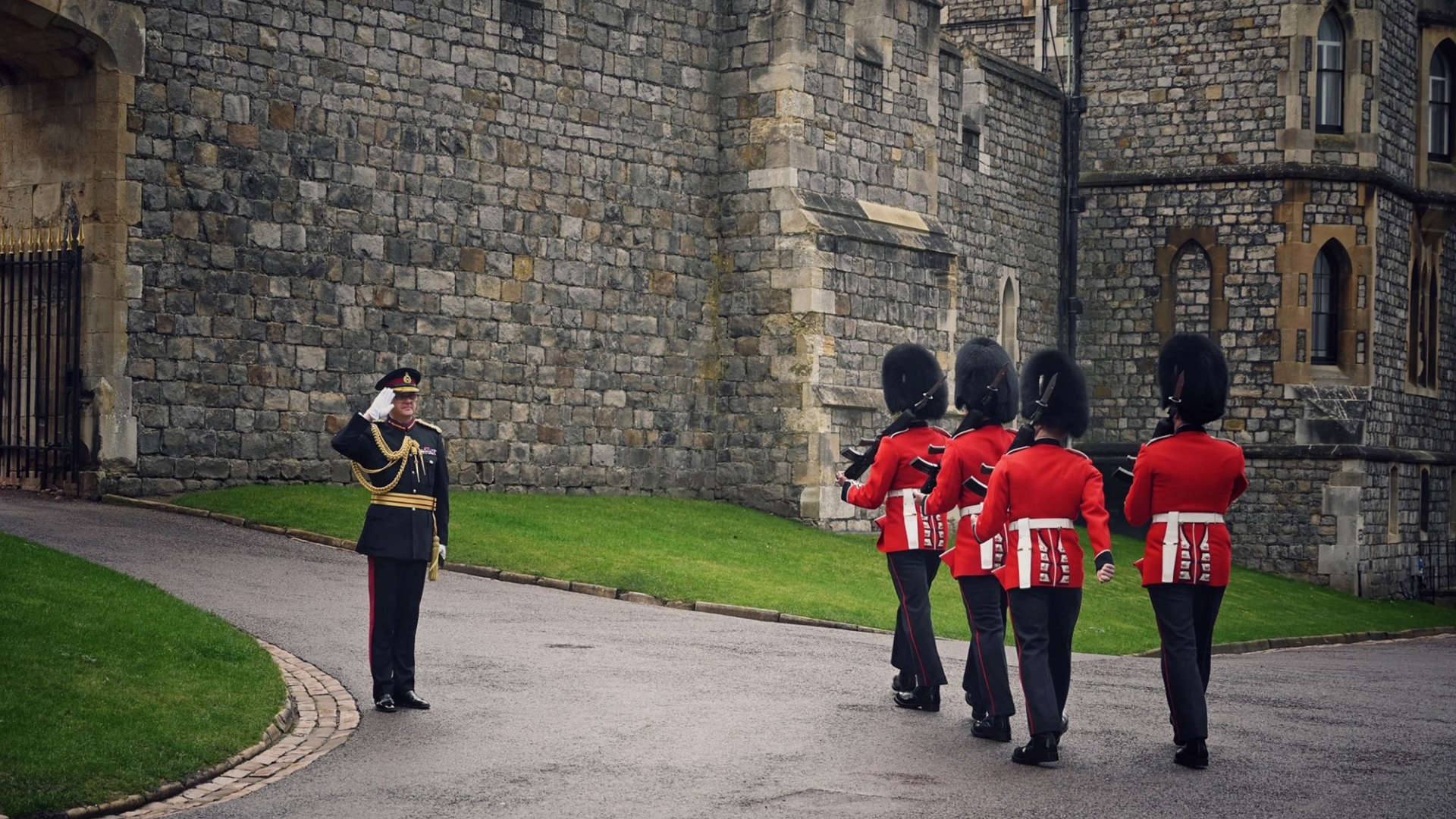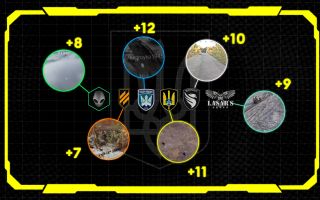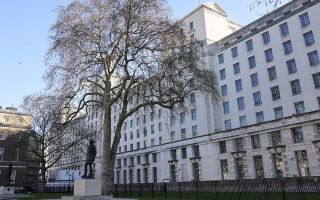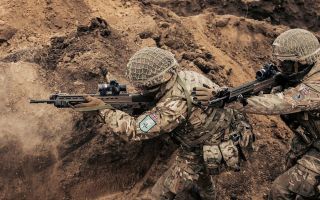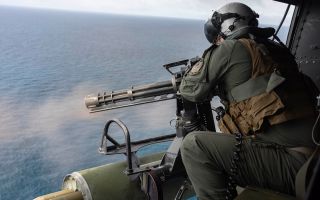Surgeon General who revolutionised battlefield care looks back at 40 years of service
Major General Tim Hodgetts, the man credited with revolutionising combat casualty care in the military, has been looking back at his 40-year career in the Army.
Maj Gen Hodgetts served as head of the Army Medical Services in 2018 and surgeon general in 2021.
His innovations during the wars in Iraq and Afghanistan enhanced patient survival rates of those injured in the conflicts.
- RFA Argus: Exclusive tour of UK Armed Forces' hospital ship
- From cookhouse to casualties: Army medics transform old kitchen into hospital
- Streamlined Royal Army Medical Service created by combining three healthcare corps
He said: "Every conflict has its own pattern of signature injuries so wherever I've been we've had to learn how to deal with that particular pattern of injuries and then rapidly changed our clinical procedures to be as effective as possible.
"Combat casualty care has been literally transformed in the recent conflicts of Iraq and Afghanistan.
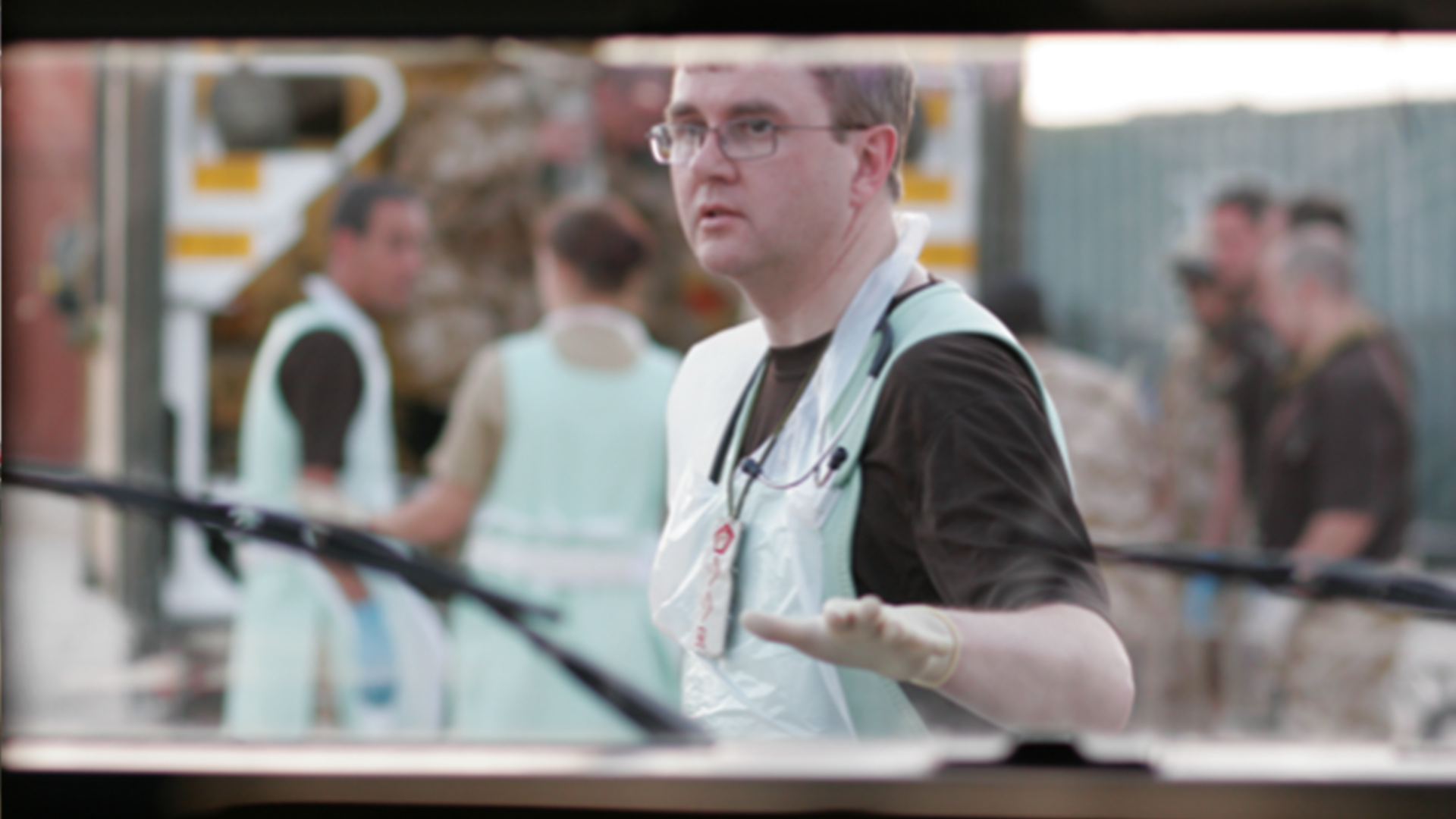
"We know that medicine advances in war and then we take those advances and spread it to our civilian colleagues so that the whole population benefits from what we learn – and that is absolutely true of Iraq and Afghanistan.
"Soldiers who would have been similarly injured in a previous conflict would not have survived.
"We have a cohort of what we call unexpected survivors. People with a severity of injuries that we have never seen before get to rehabilitation.
"And that's not just one element, that is a series of changes in concepts, changes in clinical guidelines, changes in equipment, but most importantly changes in governance."
It was a deployment in Northern Ireland and being caught up in the 1991 Musgrave Park Hospital bombing in Belfast that changed his career.
"I remember it very well," he said.
"I was present in the hospital – this stimulated me to change my career to emergency medicine and pre-hospital care, and I became the first trainee in the Army in emergency medicine as a direct result of this particular incident."
"The phoenix that came out of that particular incident was a course I developed for doctors, nurses and paramedics in the UK and internationally, both military and civilian, what to do at the scene of a multiple casualty incident.
"I took that and I determined a simpler version for individual soldiers within battlefield casualty drills which I transformed in 1998."
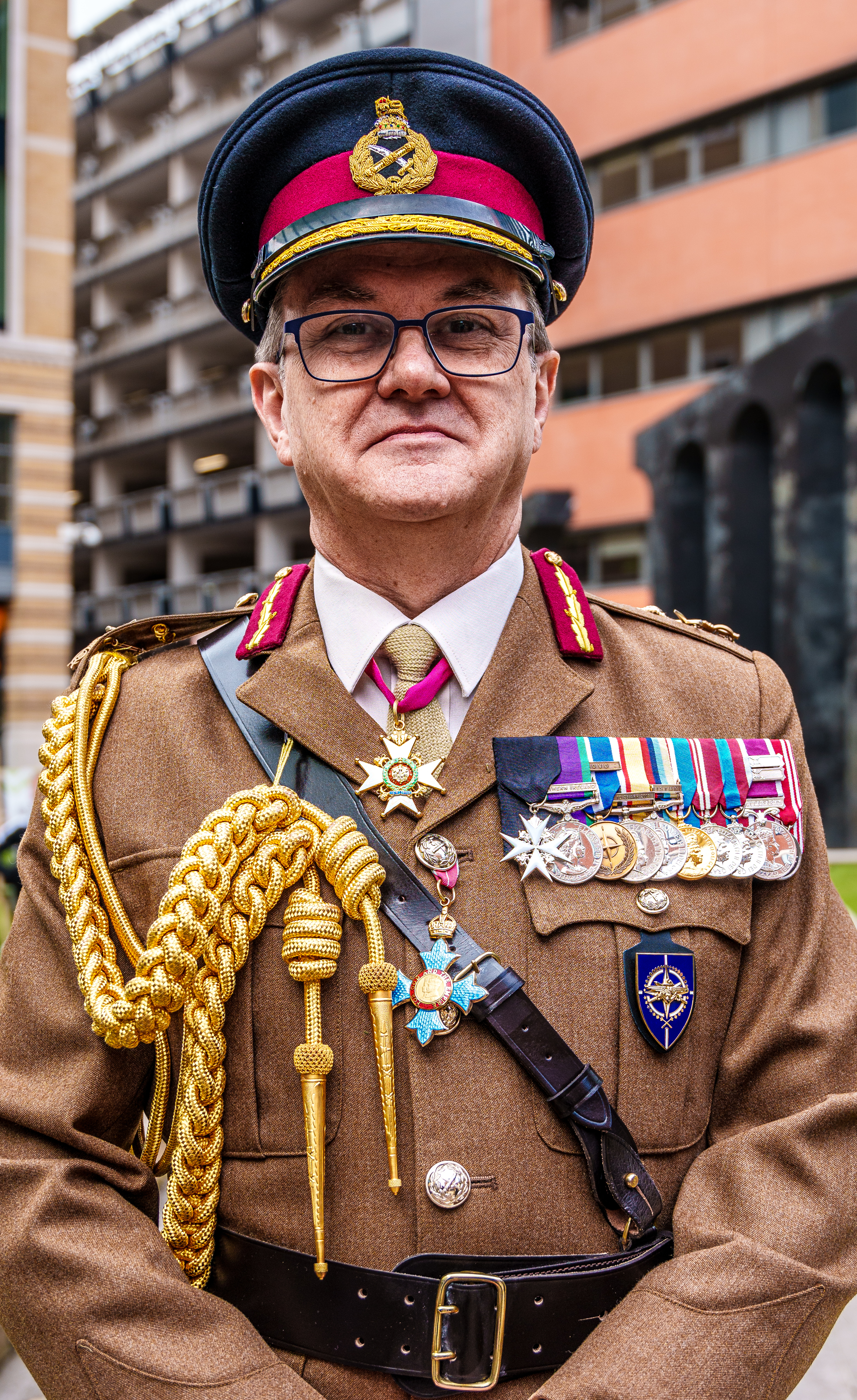
In 1999 he went to Kosovo as an emergency medicine specialist at a field hospital, as well as a local civilian hospital to bring its emergency department up to British best practice standard.
Maj Gen Hodgetts said: "What stands out for me in Kosovo is not only the clinical treatment that we gave to the soldiers and the local nationals, but I was asked by the Department for International Development to design, build and equip an emergency department in their 2,400-bed hospital in Pristina in just six weeks, which was hard enough, but I also had to introduce the specialty of emergency medicine in the same time.
"And what is so refreshing is that new emergency centre in 1999 in a failing hospital is still working today."
Maj Gen Hodgetts left the British Army after four decades of service and will step down from his role on Nato's Committee of the Chiefs of Military Medical Services later this year.
As he leaves the military, he is not sure the UK's Armed Forces could maintain their current levels of casualty care in a large-scale conflict – similar to the war in Ukraine.
"The issue that we're facing today is not our clinical capabilities, but capacity.
"If we were to undertake large-scale combat operations – and there is an existential threat of war spreading in the European continent – if we were to face very large numbers of casualties then initially it would be very hard to sustain the same standards that we have for small numbers of casualties in low-intensity conflict.
"But we have been developing new concepts and patient flow management guidelines across Nato to see how we optimise the management of casualties at scale.
"It is really important to continue to learn from contemporary conflicts.
"We are taking a lot of lessons from the Russo-Ukraine war and in my Nato role we are absolutely sharing lessons and ensuring that we are best positioned for the next conflict."
